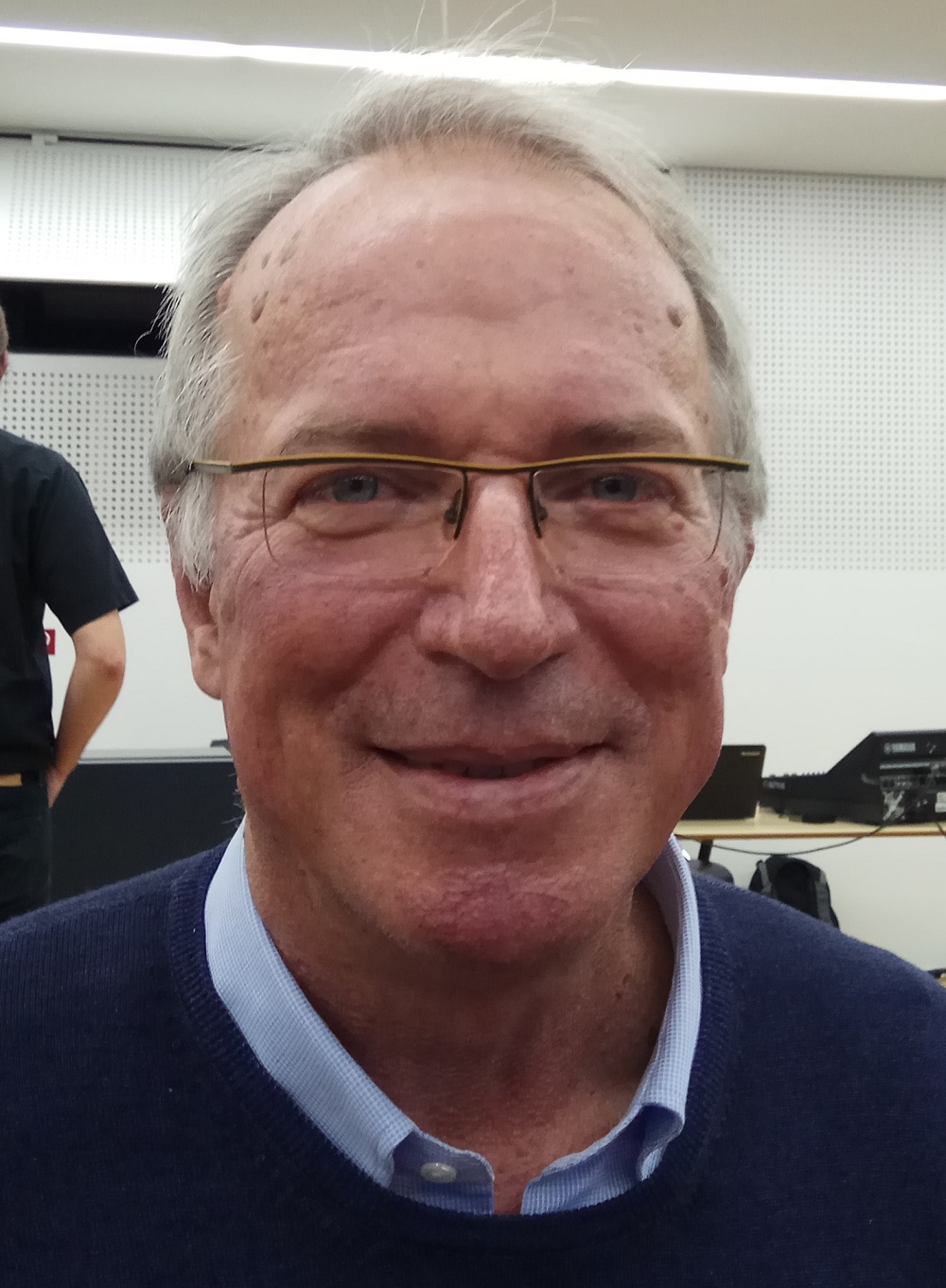Hidde Ploegh on:
[Wikipedia]
[Google]
[Amazon]
 Hidde Lolke Ploegh (born 7 January 1953) is an immunologist at Boston Children's Hospital, known for his contributions in understanding antigen processing and the evasion of the immune system by viruses.
Hidde Lolke Ploegh (born 7 January 1953) is an immunologist at Boston Children's Hospital, known for his contributions in understanding antigen processing and the evasion of the immune system by viruses.
 Hidde Lolke Ploegh (born 7 January 1953) is an immunologist at Boston Children's Hospital, known for his contributions in understanding antigen processing and the evasion of the immune system by viruses.
Hidde Lolke Ploegh (born 7 January 1953) is an immunologist at Boston Children's Hospital, known for his contributions in understanding antigen processing and the evasion of the immune system by viruses.
Career and education
Ploegh, a native of the Netherlands, received a Bachelor of Science degree in 1975, and a Master of Science degree in biology and chemistry in 1977, from the University of Groningen. Having worked for six months inJack Strominger
Jack Leonard Strominger (born August 7, 1925) is the Higgins Professor of Biochemistry at Harvard University, specializing in the structure and function of human histocompatibility proteins and their role in disease. He won the Albert Lasker Award ...
's lab at that time, he was able to continue his PhD studies under Strominger and received a doctorate from the University of Leiden. Ploegh would then go on to hold positions at a number of institutions such as the University of Cologne, the Netherlands Cancer Institute, Utrecht University (2012-2015), and Harvard Medical School, before becoming a member of the Whitehead Institute.
In 1986 Ploegh became a member of the European Molecular Biology Organization. In 1997 Ploegh became a corresponding member of the Royal Netherlands Academy of Arts and Sciences
The Royal Netherlands Academy of Arts and Sciences ( nl, Koninklijke Nederlandse Akademie van Wetenschappen, abbreviated: KNAW) is an organization dedicated to the advancement of science and literature in the Netherlands. The academy is housed ...
.
In 2016 he was elected to the National Academy of Sciences
The National Academy of Sciences (NAS) is a United States nonprofit, non-governmental organization. NAS is part of the National Academies of Sciences, Engineering, and Medicine, along with the National Academy of Engineering (NAE) and the Nati ...
.
Research
Much of the research by Ploegh is in the fields of biochemistry and immunology. Earlier in his career, Ploegh's research focused on the ability of MHC molecules, such asMHC-II
MHC Class II molecules are a class of major histocompatibility complex (MHC) molecules normally found only on antigen-presenting cell#Types and functions, professional antigen-presenting cells such as dendritic cells, monocyte, mononuclear phagocy ...
, to interact with antigen peptides inside a cell.
More recently, the Ploegh lab at the Whitehead Institute has been using a technique called “sortagging” to look at the pathways through which viruses are able to avoid detection by the immune system. Memory B cells are lymphocytes known to be produced to fight off secondary infection, yet the influenza
Influenza, commonly known as "the flu", is an infectious disease caused by influenza viruses. Symptoms range from mild to severe and often include fever, runny nose, sore throat, muscle pain, headache, coughing, and fatigue. These symptoms ...
virus is able to avoid the immune response generated by these cells. This method was used to tag the influenza virus, so that it could be observed, and it was found that the interaction of virus antigens with the B-cell receptor is required for infection.
Ploegh has also been involved in developing therapeutic roles for sortagging. Erythrocytes are the most abundant cell type found in the body known for lacking nuclei as a mature cell. This makes them ideal for the delivery of drugs through the body as they cannot mutate as a mature cell. Ploegh and his colleagues have been able to use sortase to cut erythrocyte surface proteins, allowing the binding of biotin
Biotin (or vitamin B7) is one of the B vitamins. It is involved in a wide range of metabolic processes, both in humans and in other organisms, primarily related to the utilization of fats, carbohydrates, and amino acids. The name ''biotin'', bor ...
and its circulation throughout the body. As sortagging allows the binding of a number of different proteins, it may be used for the binding of antibodies
An antibody (Ab), also known as an immunoglobulin (Ig), is a large, Y-shaped protein used by the immune system to identify and neutralize foreign objects such as pathogenic bacteria and viruses. The antibody recognizes a unique molecule of the ...
and their delivery to target sites in the body.
References
{{DEFAULTSORT:Ploegh, Hidde 1953 births Living people Dutch immunologists Dutch biochemists Leiden University alumni University of Groningen alumni Harvard Medical School faculty Academic staff of Utrecht University Whitehead Institute faculty Members of the Royal Netherlands Academy of Arts and Sciences Fellows of the American Academy of Arts and Sciences Members of the European Molecular Biology Organization Members of the United States National Academy of Sciences People from Drenthe